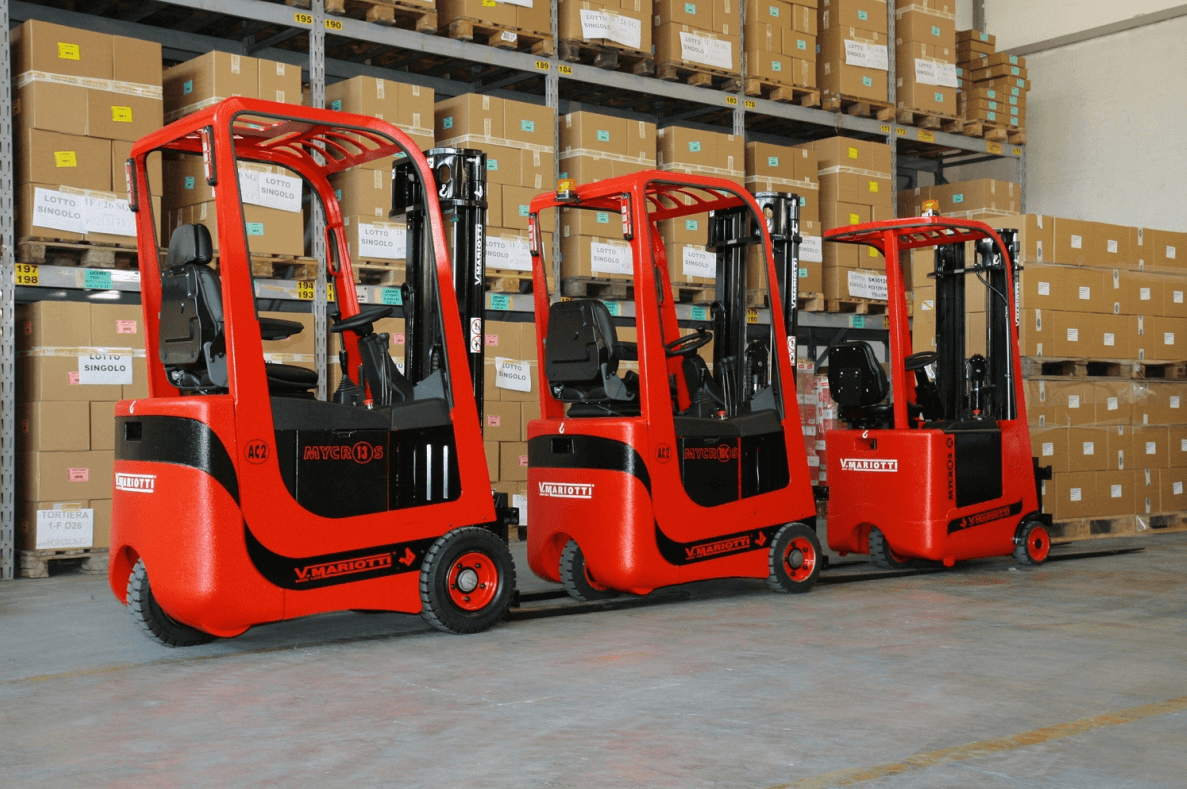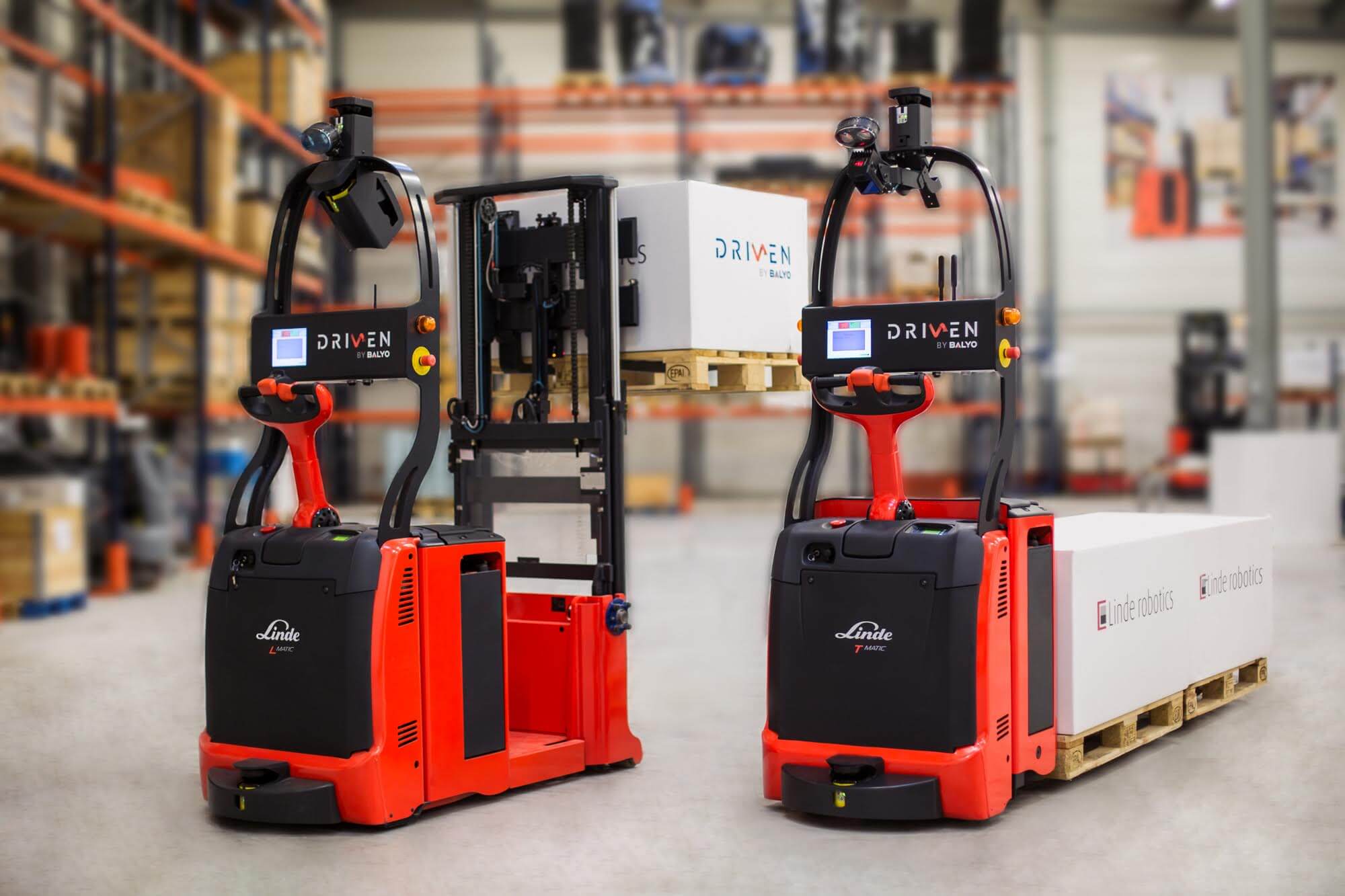The big picture: Amazon's investment into autonomous forklifts could be the beginning of further automation efforts within its supply chain. Combining machine learning with new robotic capabilities has potential to greatly expedite the process and eliminate the need for more unskilled labor.
It is no secret that Amazon makes heavy use of robots in its warehouse automation process. Short shelf-carrying bots scurry around on the floor to bring products to staff that pick items from bins. Carrying smaller shelves is easy, but there gets to be a point where it is more practical to stack pallets on taller shelves.
At the cross over point where forklifts are necessary, most businesses would just hire a few drivers and continue with their operations. Amazon is now making investments into French robotics firm Balyo in order to gain access to technology that can turn regular forklifts into self-driving forklifts. As a result, fewer human employees are needed.

Under the terms of the deal, Amazon can receive up to 29 percent of Balyo's stock depending on the amount of products purchased over the next seven years. The entire value of the deal is $346 million if Amazon buys enough autonomous navigation technology for its fleet of forklifts.
Balyo is expected to post revenue of $26.8 million for 2018. Amazon's business will represent a critical portion of future revenue and provide plenty of opportunity for expansion.
There is no question that having robots that operate around the clock, do not get tired, never complain, and only require an upfront purchase is favorable to Amazon. It will take several years before human drivers are replaced completely, but the technology is now on its way to reduce costs and expedite an already fairly efficient process.
